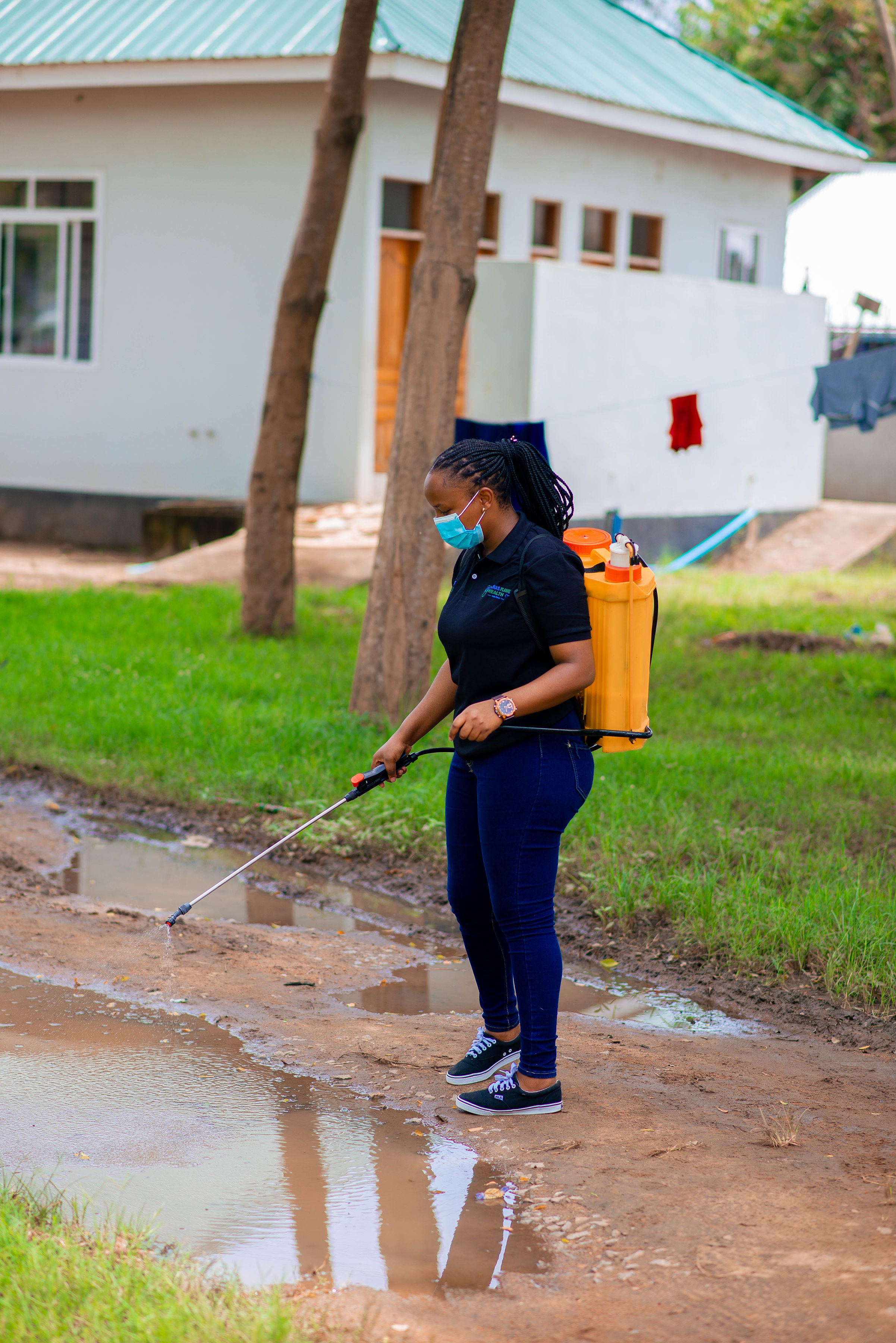
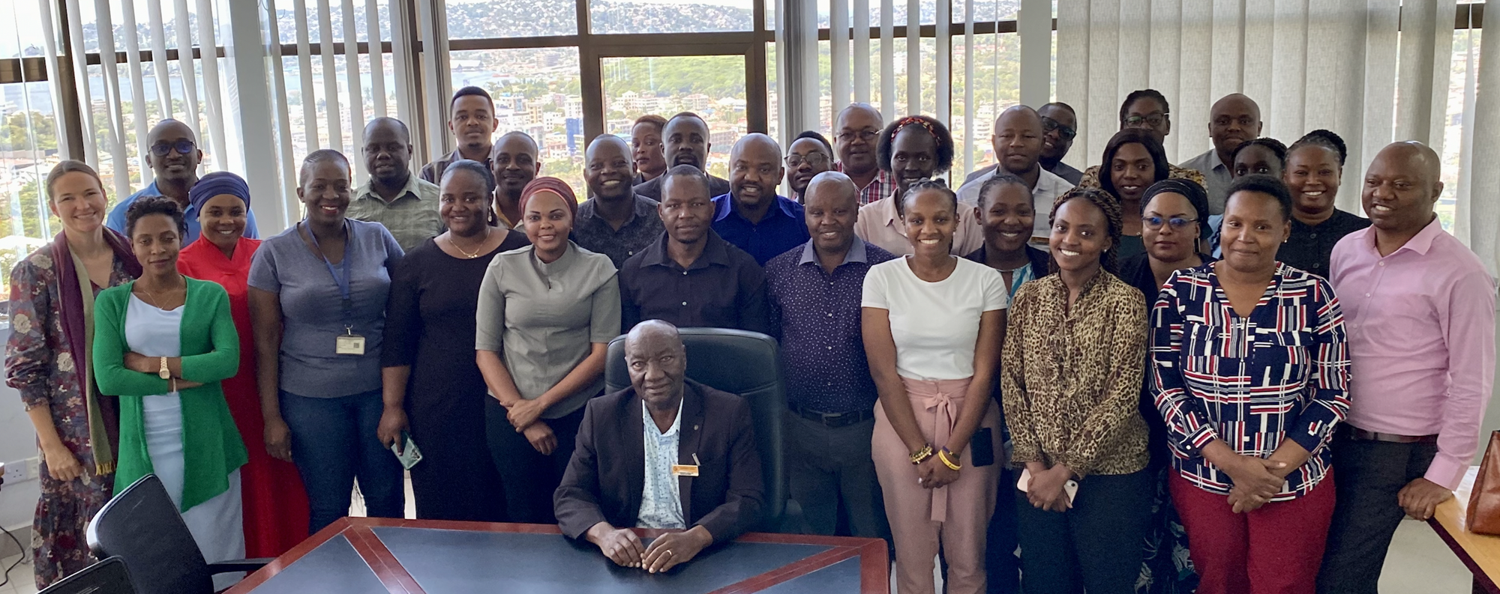
Planetary Health Team & Networking
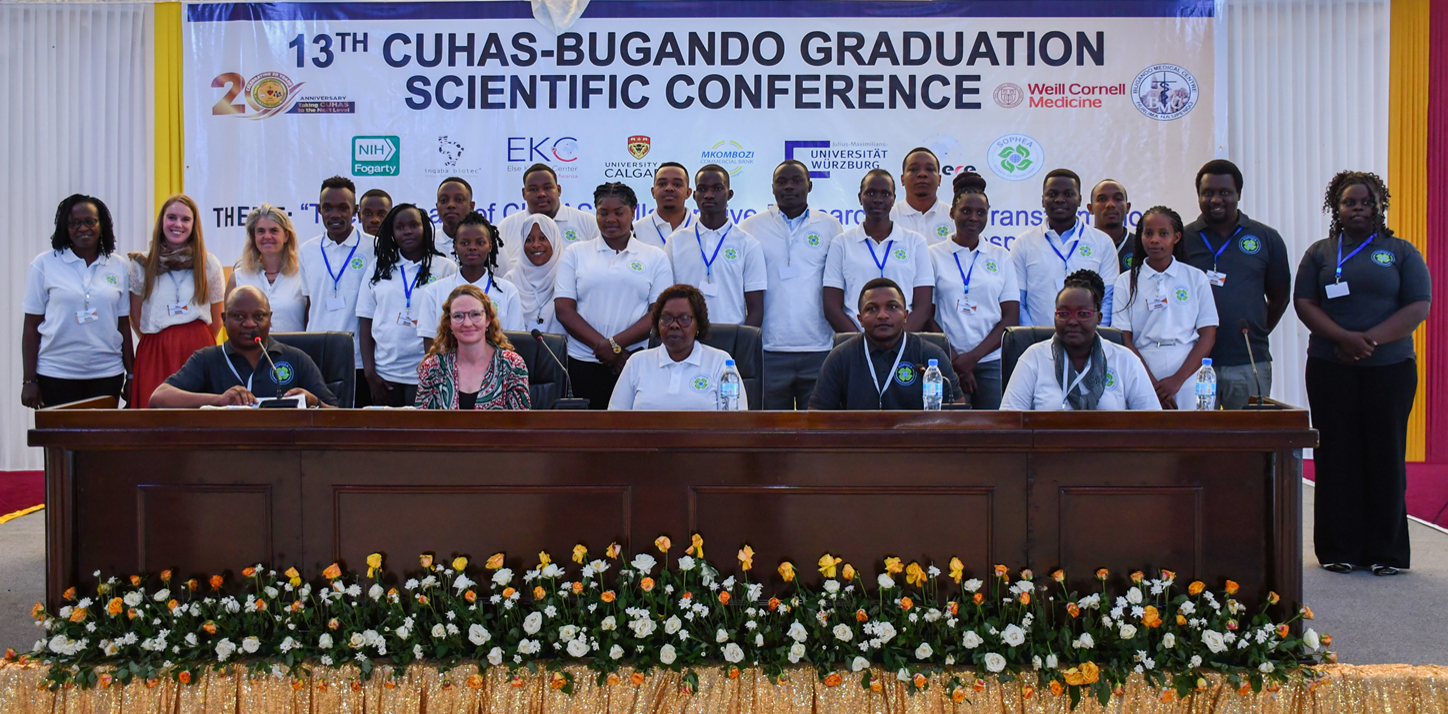
Planetary Health Team & Networking
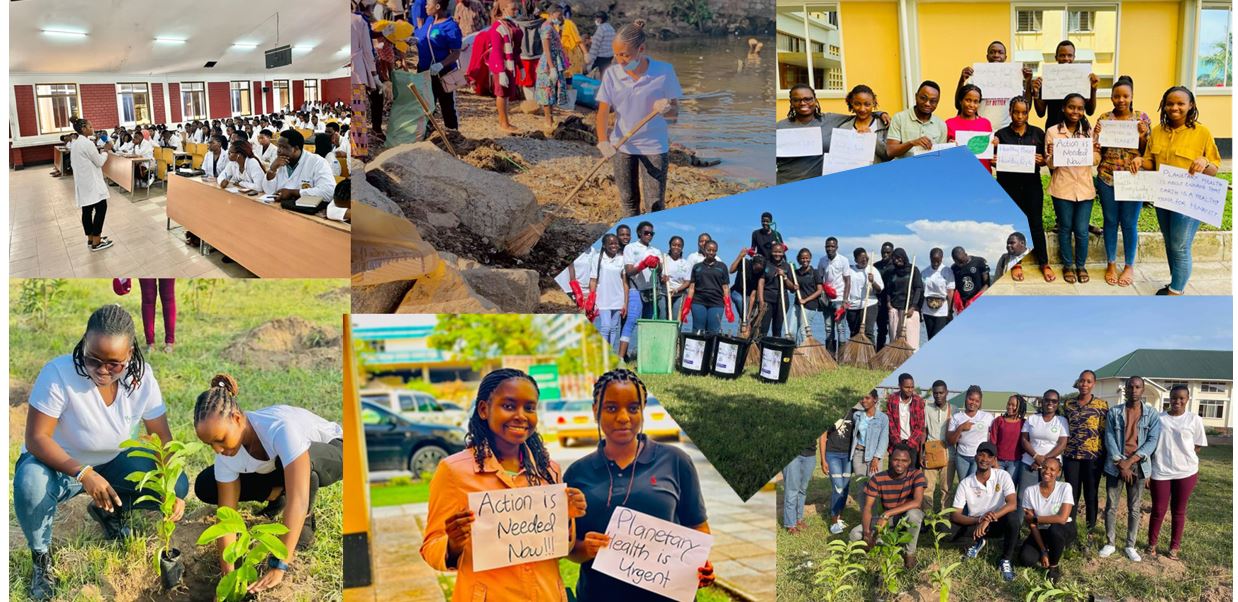
Planetary Health Team & Networking
The project Strengthening One Health and Planetary Health in Eastern Africa (SOPHEA) aims to explore, investigate, teach, and act on the increasing climate and environmental changes and their interactions with health, within the framework of the related concepts of Planetary Health and One Health.
Planetary Health Education (PHE) aims at the integration of these aspects into all levels of teaching. So far, the translation of Planetary Health knowledge and action to regional and local contexts, as well as the establishment of academic activities, has been insufficient in the Eastern African context. In the Great Lakes region, many health aspects directly interact with climate and environmental factors. The SOPHEA project aims to build a network of scientists, health professionals, and health advocates synergistically.
One core element of the SOPHEA project is the Planetary Health Education Toolbox. It provides educational material in 18 sections, including background literature, case studies, teaching slides, and videos. The Toolbox is designed for lecturers to adapt and integrate the content into their teaching and for both lecturers and students to use for self-study.
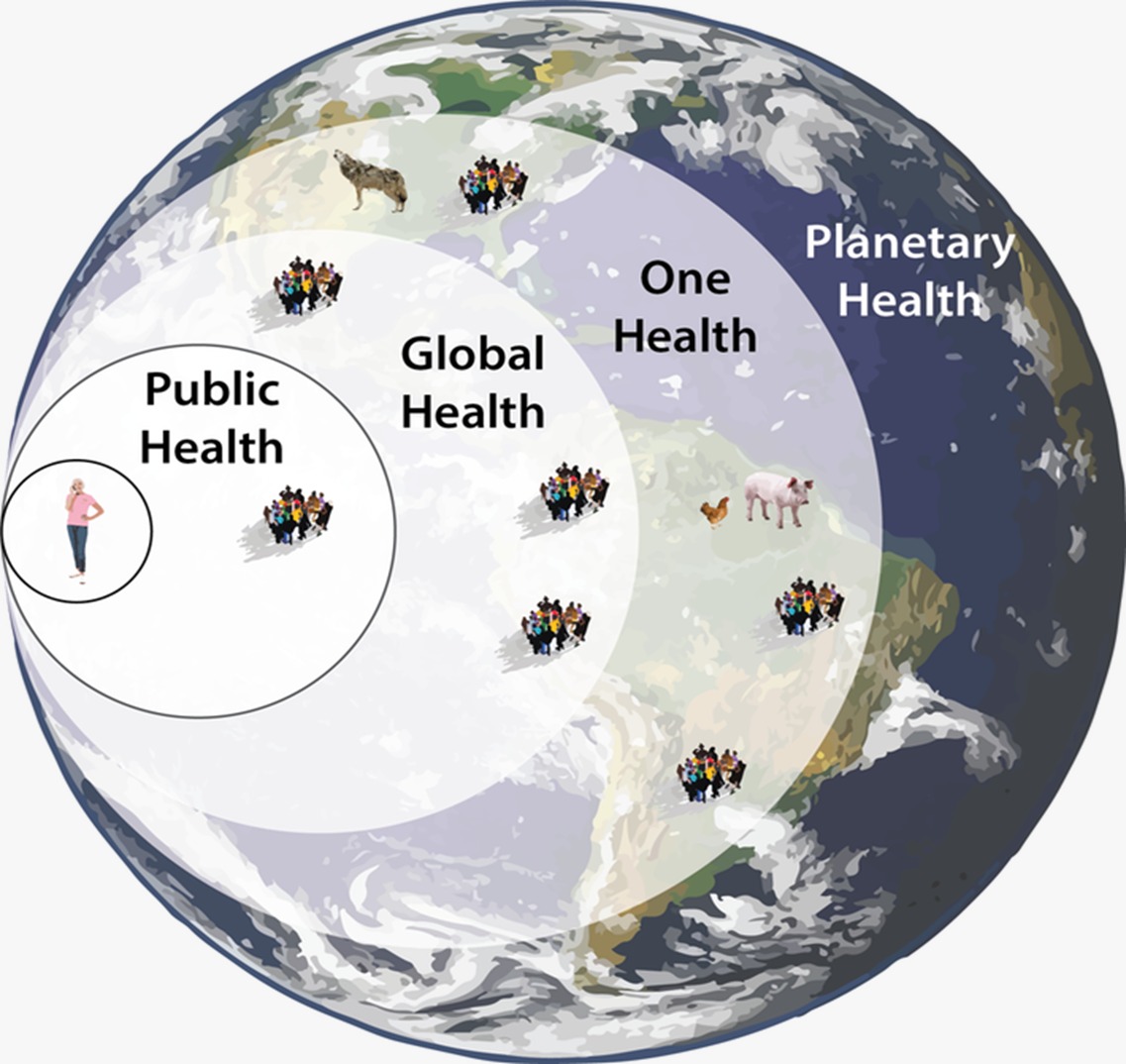
CONTACT US
Email: elcnyanza@gmail.com
Phone: +255 753 883 200
FIND US ON:
Aims of the SOPHEA Project
1. To use digital formats for communication and sharing explicitly. This enhances the reach and flexibility of interaction between project partners and students while reducing CO₂ emissions. Knowledge distribution and networking are based on interdisciplinary exchange, innovative teaching formats, and transformative research and education — with the aim of translating evidence-based knowledge into action.
2. To strengthen South-South exchange in research and education and expand the Planetary Health Eastern Africa Hub University network.
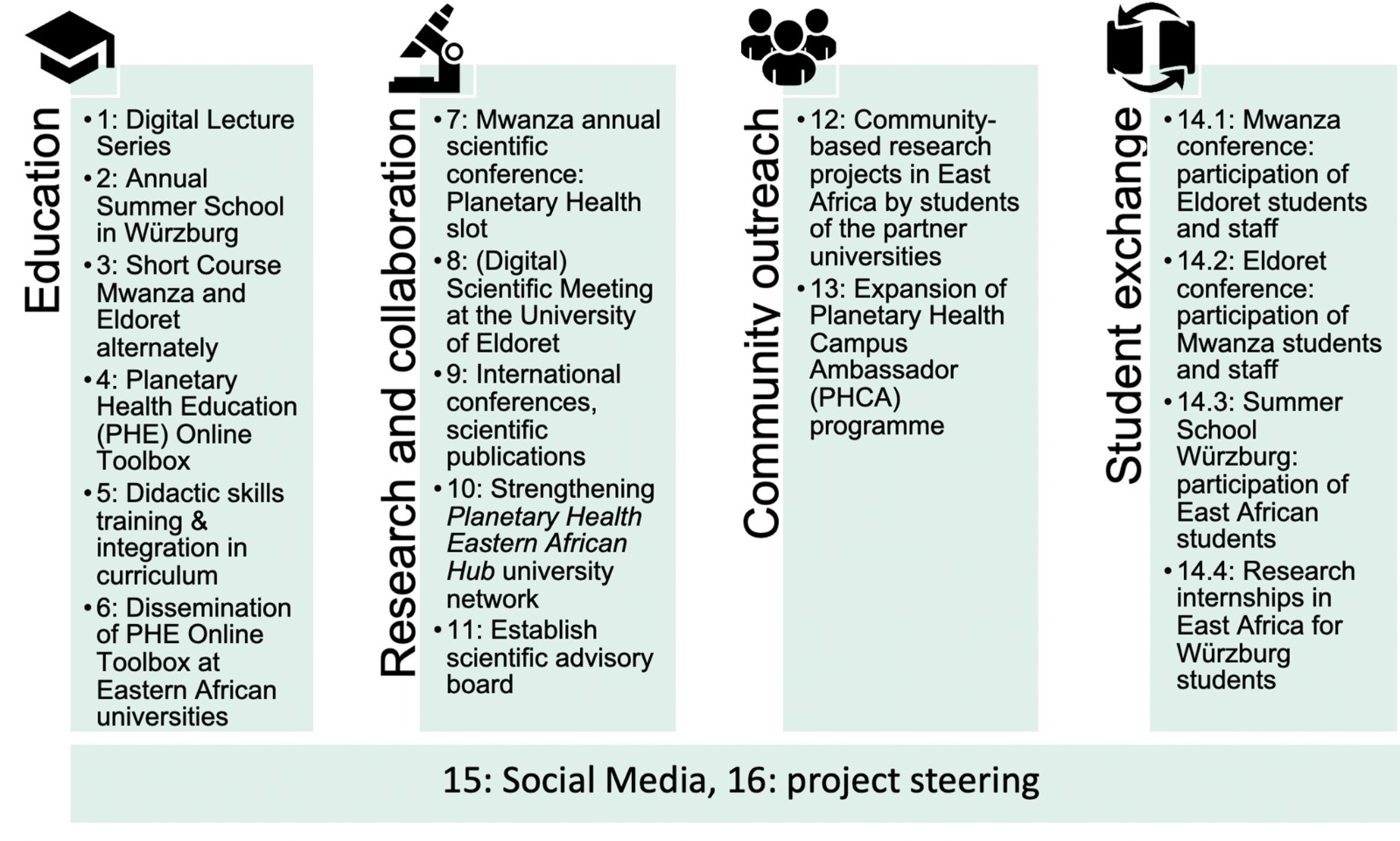
3. To address several of the Sustainable Development Goals (SDGs), particularly those related to climate action, health, education, and partnerships, by equipping future professionals with knowledge and tools needed for planetary and public health leadership.
East Africa Summer School 2025New
The East Africa Summer School on Planetary Health will take place from July 7 to July 12, 2025, and the call for applications is open until June 15th.
We warmly invite participants from a wide range of professional backgrounds, including:
Relevant Fields of Study
- Public Health
- Nutrition
- Pharmacology
- Medicine
- Physiotherapy
- Education
- Biogeochemistry
- Midwifery
- Anthropology
- Geography
- Veterinary Medicine
- Dentistry
- Health Promotion
- Psychology
- Health Economics
- Nursing
- Environmental Studies
- Biology
- Economics
- And more!
We offer this Summer School in Planetary Health to build interdisciplinary knowledge, skills, and action-oriented solutions for the urgent and complex challenges at the intersection of human health and the state of the planet.
To foster reflection and engagement, participants are required to submit a one-page statement outlining their current interests in Planetary Health. This exercise is intended to empower participants, strengthen their sense of purpose, and increase their confidence in taking collective and transformative action for a healthier planet and population.
The Summer School is organized by the Catholic University of Health and Allied Sciences (CUHAS) in Mwanza, Tanzania, the University and University Hospital of Würzburg, and the University of Eldoret (UoE)SOPHEA (Strengthening One Health and Planetary Health in Eastern Africa), a project running from 2022 to 2025, supported by the German Academic Exchange Service (DAAD).
PH Education Toolbox
Planetary Health Education has expanded rapidly around the globe with various courses, webinars and academic initiatives. The SOPHEA project strives to support Planetary Health Education (PHE) and research in the East African region, but also beyond, by compiling contextually relevant learning and teaching materials such as presentations, lecture recordings, case studies, course outlines and others. We aim to enable learners and teachers to implement PHE in their faculty by providing guidance, blueprints, frameworks and materials to develop their own PH curriculum, integrate PH into existing lectures or enhance their knowledge through self-study. Read More
RESEARCH ACTIVITIES
Protecting Ecology by removing Nuisance insects and promoting the fight against Malaria Protecting Ecology by removing Nuisance insects and promoting the fight against Malaria Actually, it's that simple!
pic.twitter.com/H9codr5CfZCOMMUNITY OUTREACH

